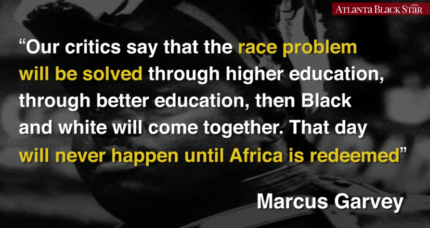This year into next, our country will mark several milestones – among them Dr. Martin Luther King Jr.’s “Letter from a Birmingham Jail,” the 1963 historic March on Washington, and Jackie Robinson’s color barrier breakthrough in baseball – linking our present state of race relations to the tumultuous past of the 1960s, when the civil rights movement reached its brink.
More than 400 years following the dissolution of legalized enslavement, black Americans have made astounding educational and political gains in a short 50-year time span. Yet, compared to whites, we continue to lag in our accumulation of wealth, and economic stability.
Early government desegregation opened up employment opportunities for blacks providing good pay and benefits – along with unionized manufacturing jobs in the Midwest and Northeast – that paved the way for a generation of blacks to move into the middle class. Out of these opportunities many blacks were able to buy a home, send their children to college, and save enough to retire and live comfortably into their golden years.
My own parents were part of that first wave of blacks that benefitted from federal desegregation laws. Following college, and a stint in the Army, my father was able to attend law school using the GI Bill. After briefly working in the corporate sector, he landed what became his career position: working as a financial analyst for the federal branch of Housing and Urban Development in Denver for 26 years.
He served his country as an Army Reservist for 32 years, retiring with the rank of command sergeant major. In total, my father served our country for 34 years before retiring in 2005, and my mother worked in state government for 20 years, retiring in 2000.
In this new millennium, in which America has elected its first black president, this should be a great time for black Americans. Yet for many of us who are post-civil rights babies, whose lives were expected to include fewer obstacles and hardships to equality—particularly in employment— that has not been the case.
I should be the poster-child for progress in this era, yet my own journey toward success has left me feeling empty, exhausted, and like a complete failure. I played by society’s rules, having done everything I was supposed to as assurance that the solidly middle-class upbringing I was born into would continue, uninhibited, following my post-graduate studies.
I have a doctorate in communication and a master’s in TV-Radio and Film. Each of my advanced degrees earned from highly recognized private and public institutions, but I have achieved minimal success and I am not living the American dream…
Read More: Jennifer E. Mabry politic365.com

